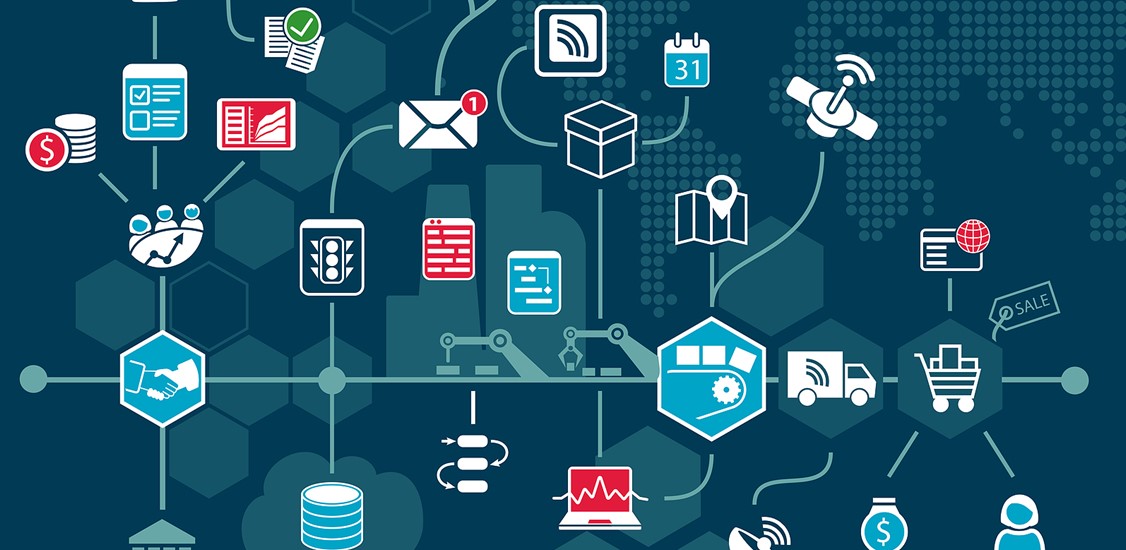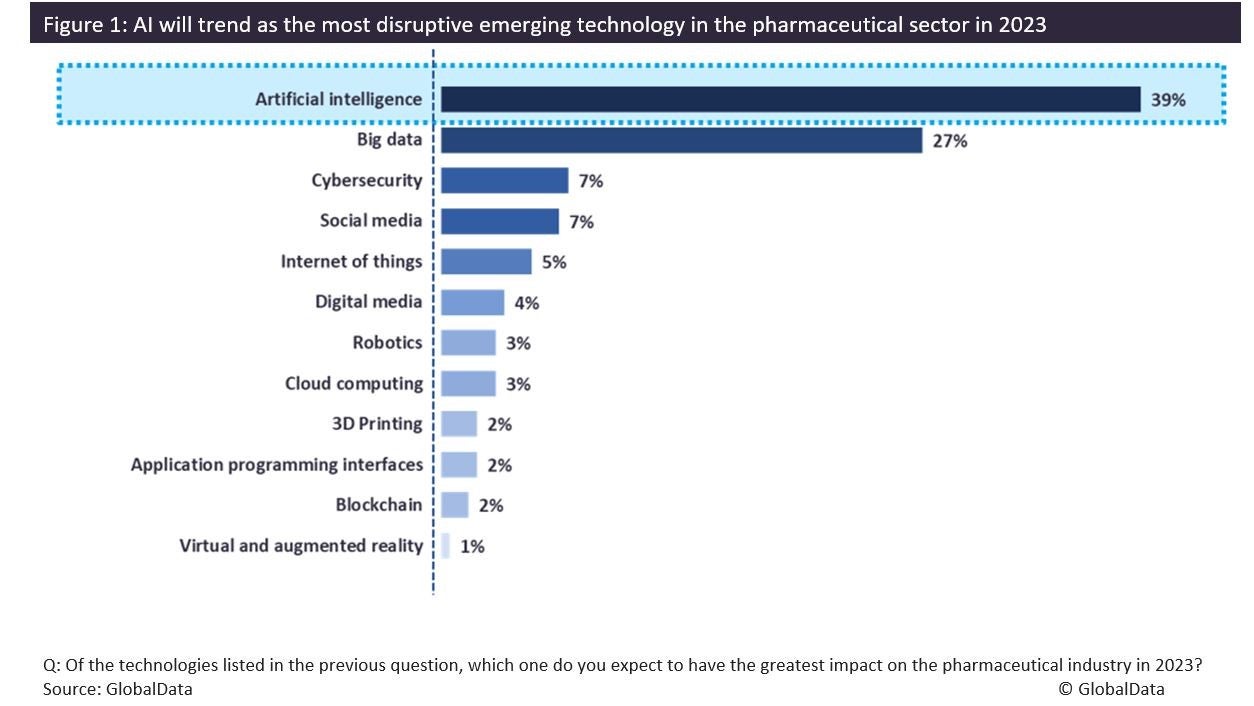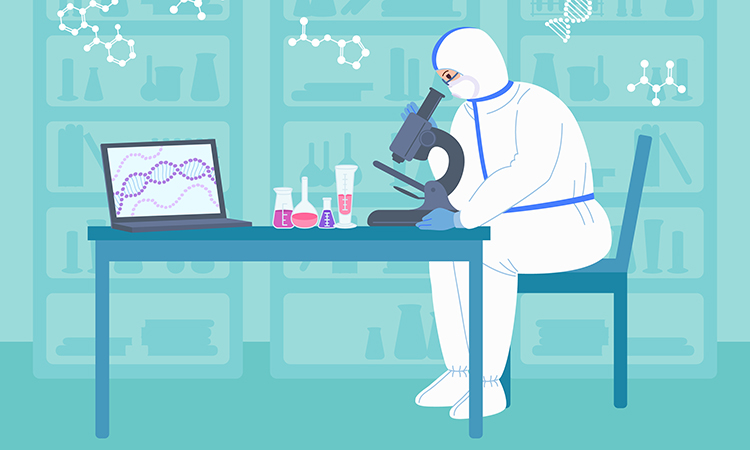- AIdeations
- Posts
- Special Report: The AI Revolution:
Special Report: The AI Revolution:
Unpacking the Potential Impacts on a Multitude of Industries
What's up ya'll, this is AIdeations. The go-to newsletter that takes AI and tech news that slaps and turns it into a no-bs, fun email for you each day.
Today is a special report I've put a good bit of time into. I did this in a few hours working with ChatGPT and summarizing articles I've been reading over the last few months along with adding some sources from even before ChatGPT was even a thing. I hope you all enjoy and share this special report with everyone. As always, I appreciate the continued support! [email protected]
The AI Revolution: Unpacking the Potential Impacts on a Multitude of Industries
As artificial intelligence continues its rapid evolution, its impact on various industries is becoming increasingly evident. From Auto-GPT and BabyAGI to the widely-used ChatGPT, the world has entered a new era of technological advancement. This article examines the potential pros and cons of AI's integration into multiple sectors, exploring both the opportunities and challenges it presents. These are just examples from my research and are my personal opinions.
Healthcare: A New Frontier in AI
In the healthcare industry, AI-powered tools and algorithms have the potential to revolutionize diagnostics, treatment planning, and patient care. For example, AI has shown promise in the early detection of diseases like cancer and Alzheimer's, potentially saving lives and reducing healthcare costs (source: Nature Medicine). With protein folding, advancements in compounding new drugs, and the pace at which things are moving, we may actually solve a lot of known diseases, viruses, and more. We may even find ways to reduce aging.
However, the integration of AI in healthcare also raises ethical concerns, such as data privacy and the potential for biased algorithms that could exacerbate existing health disparities (source: Science & Emeritus)
Continue reading:
Transportation: The Autonomous Vehicle Conundrum
Self-driving cars promise to reduce traffic congestion, lower emissions, and improve overall road safety. However, this disruptive technology also poses significant challenges, such as job displacement for truck and taxi drivers and the need for new legal frameworks to address liability concerns in the event of accidents (source: Brookings). Not to mention the ability of a car to turn off whenever a government or entity determines you should not be allowed to operate the car.
Manufacturing: Efficiency Gains and Workforce Shifts
AI-powered automation in manufacturing has the potential to increase efficiency, reduce waste, and lower production costs. Yet, the increased adoption of automation could lead to job displacement and the need for retraining programs to help workers transition to new roles (source: World Economic Forum).
On the plus side, as manufacturing becomes more automated, more manufacturers wil move back stateside. While not as many jobs will be needed, it sure beats relying on China.
Retail: AI-Driven Personalization and Disruption
AI applications in retail can enhance customer experiences through personalized recommendations and streamlined logistics. However, the rise of e-commerce giants utilizing AI-driven strategies poses a threat to smaller, brick-and-mortar stores, potentially exacerbating the decline of local businesses (source: Harvard Business Review).
Finance: Risk Assessment and Consumer Protection
AI's integration into the financial sector has the potential to improve risk assessment, fraud detection, and investment strategies. However, concerns about data privacy, the potential for biased algorithms, and regulatory challenges remain (source: Forbes).
Education: Personalized Learning and Accessibility
AI has the potential to enhance education through personalized learning experiences, improved accessibility, and adaptive assessments. However, many schools and school boards have banned the use of tools like ChatGPT in their schools instead of embracing it over fears of students cheating. While I do think cheating is a serious issue, I also believe we should test students' ability to adapt and learn using these tools. Doing otherwise will only keep these students behind others with access. ChatGPT has also opened the doors for teachers to be more effective not only with their curriculum and testing but also with their lesson planning. Reducing their time commitments significantly.Digging deeper, I think it's been a long time coming since we have restructured how we treat education here in the States. Our system hasn't changed much since the industrial revolution and it's time we actually start giving our kids the education they deserve instead of setting them up for failure, and an expensive unnecessary college curriculum like what's required for nearly 2 years of college.
Agriculture: Smart Farming and Environmental Impact
AI-driven technologies in agriculture, such as precision farming and drone-assisted crop monitoring, have the potential to increase yields, optimize resource utilization, and reduce the environmental impact of farming practices (source: Frontiers in Plant Science). However, the high cost of implementing these technologies may put smaller farmers at a disadvantage, potentially leading to increased consolidation in the industry (source: Brookings).
Energy: AI and Renewable Energy Integration
AI has the potential to improve the efficiency of renewable energy systems, optimize grid management, and enable predictive maintenance of infrastructure (source: IEA). However, the integration of AI in the energy sector also raises concerns about cybersecurity and the need for regulatory frameworks to protect critical infrastructure (source: Cybersecurity and Infrastructure Security Agency).
Media and Entertainment: Content Creation and Copyright Challenges
AI can enhance the media and entertainment industry by automating content creation, personalizing user experiences, and streamlining production processes. However, the rise of AI-generated content raises concerns about copyright infringement, the potential for fake news, and the ethical implications of deepfakes (source: World Intellectual Property Organization). We are racing toward a future where anyone with an idea can create a full-length feature film that is indistinguishable from a Hollywood production. If I'm 100% sure about any one thing is that content production and availability will increase 10-fold in a matter of 1-2 years.
Human Resources: AI-Driven Recruitment and Bias
AI-powered tools can streamline the recruitment process, enabling companies to identify top talent more efficiently. However, these technologies also pose the risk of amplifying existing biases in hiring practices if not carefully designed and implemented (source: Harvard Business Review). But if you're catching a common trend, we will likely not need much of a human resources department moving forward as more and more becomes automated.
Tourism and Hospitality: Enhanced Customer Experiences and Job Displacement
AI has the potential to revolutionize the tourism and hospitality industry by providing personalized recommendations, optimizing travel routes, and streamlining operations for hotels and airlines (source: Tourism Management). However, the increased reliance on AI-driven technologies could lead to job displacement for workers in customer service roles, such as front-desk staff and travel agents (source: International Journal of Contemporary Hospitality Management).
Urban Planning and Infrastructure: Smart Cities and Privacy Concerns
AI-powered technologies can contribute to the development of smart cities by improving traffic management, public safety, and infrastructure maintenance (source: Smart Cities Dive). However, the increasing reliance on data collection and surveillance raises concerns about individual privacy and the potential for misuse of collected data (source: Cities).
Insurance: AI-Driven Risk Assessment and Ethical Considerations
The insurance industry can benefit from AI through improved risk assessment, claims processing, and fraud detection (source: McKinsey). However, AI's integration in insurance raises ethical concerns about the potential for biased algorithms and the use of sensitive personal data (source: Harvard Business Review).
Pharmaceuticals: Accelerated Drug Discovery and Regulatory Challenges
AI has the potential to accelerate drug discovery and development by analyzing vast amounts of data and identifying promising compounds more efficiently (source: Nature). However, the use of AI in pharmaceuticals also presents challenges related to data sharing, intellectual property rights, and the need for new regulatory frameworks to ensure safety and efficacy (source: Nature Reviews Drug Discovery).
Accounting: Streamlined Processes and Evolving Roles
The integration of AI in the accounting sector can significantly streamline processes such as data entry, auditing, and financial analysis, increasing efficiency and reducing the potential for human error (source: Journal of Accounting and Finance). However, the automation of routine tasks could lead to job displacement for entry-level accounting roles, necessitating the redefinition of the accountant's role towards more strategic and advisory functions (source: Accounting Today).
Legal Profession: Enhanced Productivity and Changing Service Models
AI-powered tools, such as ChatGPT, can enhance the productivity of attorneys by automating tasks like legal research, contract review, and document drafting, which could lead to cost savings for clients (source: Stanford Journal of Blockchain Law & Policy). However, this increased efficiency may also necessitate a reevaluation of traditional billing structures, with a shift from hourly rates to alternative models such as flat fees or outcome-based pricing (source: Law Practice Today).
Additionally, AI-driven legal services may increase access to justice by providing affordable alternatives to traditional legal representation. However, concerns about the quality and reliability of AI-generated legal advice, as well as potential ethical issues related to unauthorized practice of law, must be addressed (source: North Carolina Journal of Law & Technology).
Real Estate: AI-Driven Property Valuation and Personalized Services
AI can enhance the real estate industry by offering more accurate property valuations, personalized recommendations for buyers, and streamlined property management services (source: International Journal of Housing Markets and Analysis). However, the growing reliance on AI-powered tools could lead to job displacement for real estate agents and brokers, pushing them to redefine their roles by focusing on customer relationship management and providing specialized, local expertise (source: Forbes).
In conclusion, the AI revolution is poised to significantly impact a wide range of white-collar jobs, including those in the accounting, legal, and real estate sectors. While AI presents numerous opportunities for increased efficiency, cost savings, and improved services, it also brings about challenges related to job displacement, the redefinition of professional roles, and potential ethical concerns. To navigate these changes effectively, individuals, businesses, and governments must engage in a global conversation about the responsible and equitable integration of AI in various industries, ensuring that its benefits are shared widely and its potential drawbacks are mitigated.
We must build the future of society together, and that starts with dropping generations of ideologies around work.
📼 Video Of The Day 📼
Thanks for tuning in to our daily newsletter. We hope you found our tips and strategies for AI tools helpful.
Your referrals mean the world to us. See you tomorrow!
Interested in Advertising on AIdeations?
Fill out this survey and we will get back to you soon.
DISCLAIMER: None of this is financial advice. This newsletter is strictly educational and is not investment advice or a solicitation to buy or sell any assets or to make any financial decisions. Please be careful and do your own research.


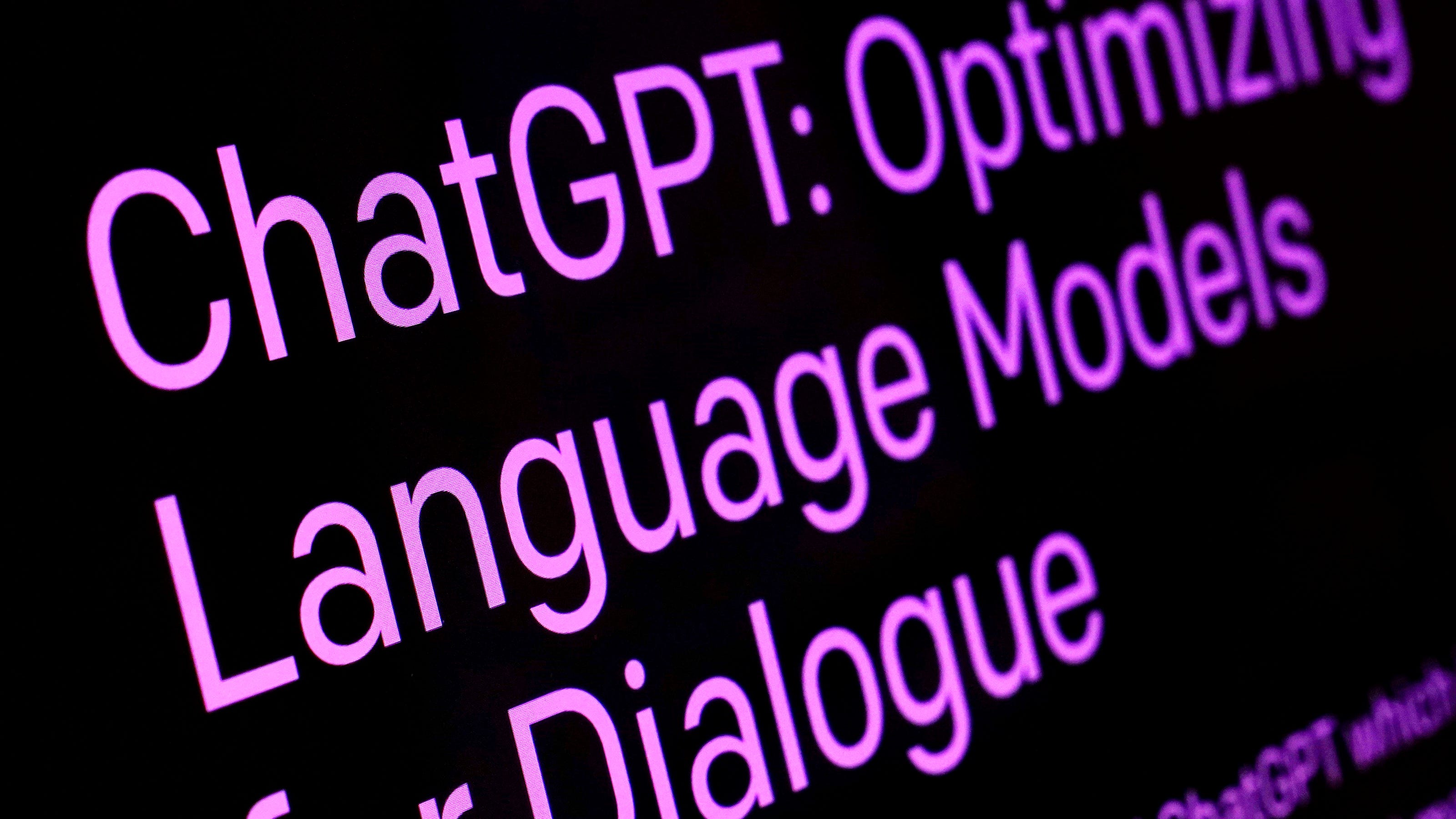

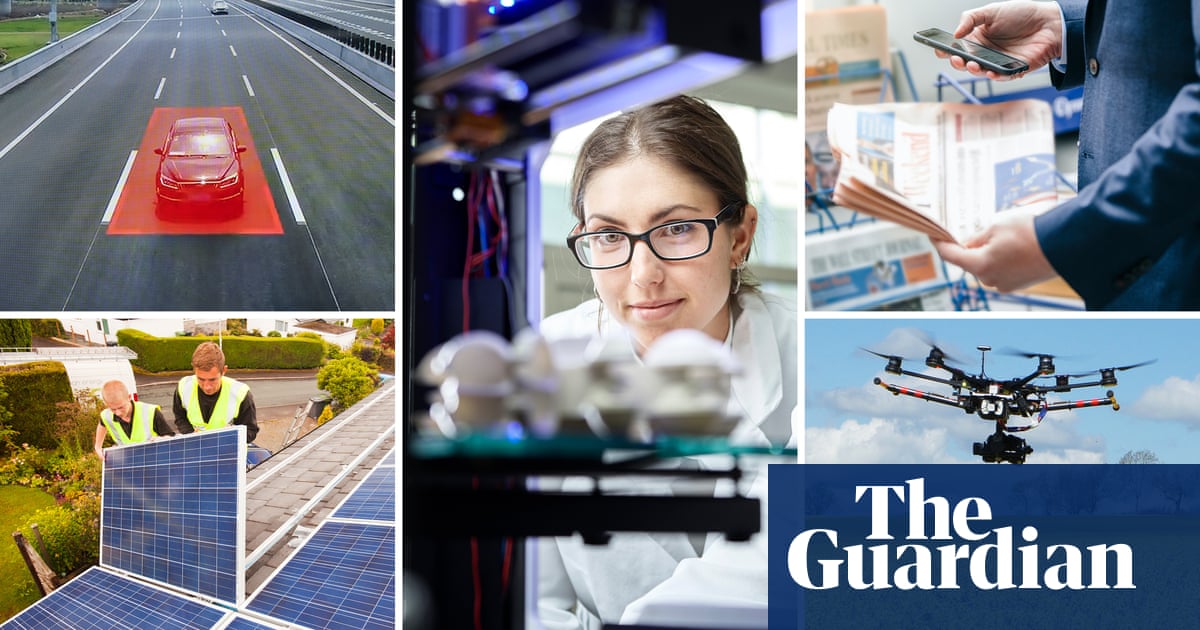







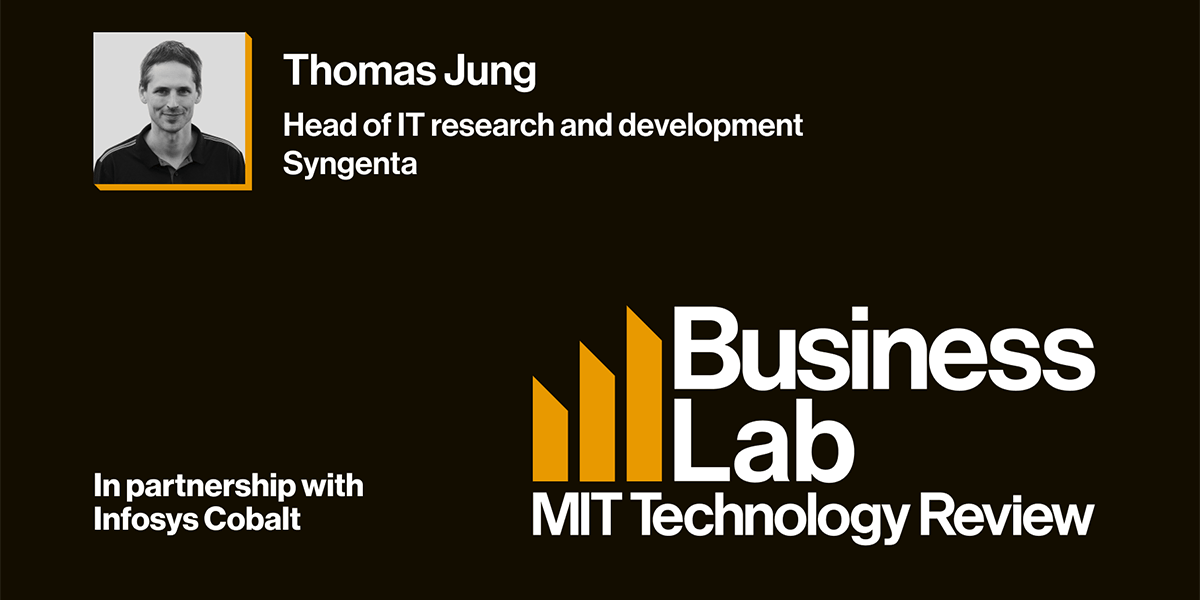






.jpg?tr=w-1200%2Cfo-auto)
